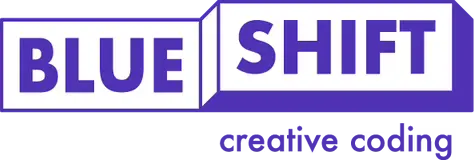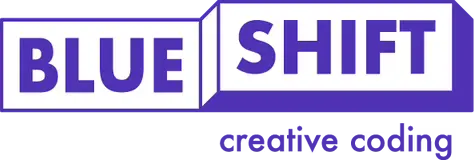How Roblox Started A Coding Revolution
One of the most wonderful aspects of learning to code is that people develop their skills in so many different ways and learn programming skills through a wide range of different avenues.
From coding games using systems such as the Raspberry Pi and previously the ZX Spectrum to developing mods for games such as Minecraft or even programming robots, there are so many ways to learn, and a summer coding camp in London can be filled with so many different experiences.
However, since 2004 there has been one game that has become a home for a lot of young coders to start their journey into game development, with a simple, object-orientated development studio as well as the ability to use the Lua programming language
That game, with its block lego-styled designs and exceptionally broad depth of experiences, is Roblox.
The Roblox Story actually starts as early as 1989 with a small development house known as Knowledge Revolution, founded by developer David Baszucki.
They specialised in developing accurate physics engines and their most popular application, Interactive Physics, was accurate enough to be used to answer physics problems in textbooks, with the follow-up Working Model also being popular with students.
In 1998, Knowledge Revolution was bought out by MSC Software, an industrial simulation company, and Mr Baszucki became MSC’s vice president.
This relationship did not last, and by 2002 Mr Baszucki would form a company that specialised in investing in technology companies, most notably early social media company Friendster.
In 2004, both Mr Baszucki and fellow programmer Erik Cassel would develop a prototype by the name of Dynablocks, although the name Goblocks was also considered before settling on the name Roblox in 2004.
The original ambition, inspired by the popularity of the physics engines they used, was to create less of a game and more of a way to make creation and design more accessible to people who did not have the coding knowledge to work with a game engine.
Once it was released to beta testers in 2006, it was clear that Roblox had something, but it would take years for its popularity to skyrocket, due to its competition at the time with other online virtual environment platforms such as IMVU and especially Second Life.
However, once it started releasing onto smartphones in the 2010s and built more social features into its main design, it became exceptionally popular, particularly with younger children, giving them their first access to creativity in a virtual world.






